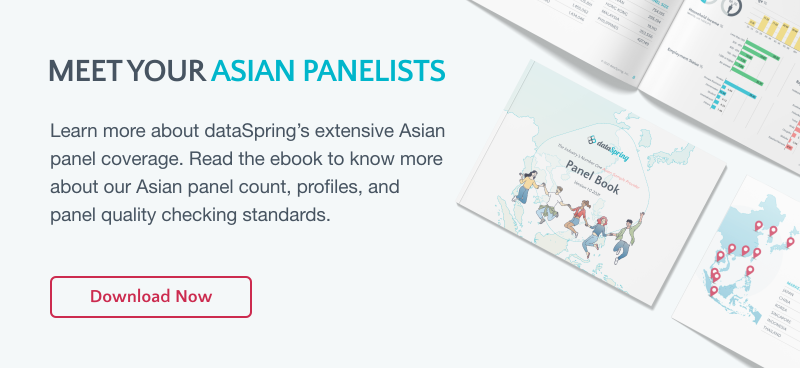
The development of information technology allows consumers to buy products and services on the internet anywhere at any time without leaving their homes. Social networking platforms have high information penetration and come with low operating costs, so they are popular channels for opening up internet sales. At the same time, complaints from the Hong Kong Consumer Council have also been increasing.
...many Hong Kongers prefer physical stores to online shops...
Hong Kong currently has a 75% rate of internet penetration. With many users spending much of their time online, it is puzzling that despite the high penetration rate, many Hong Kongese prefer physical stores to online shops. This article will explain the major reasons why Hong Kongers hate online shopping.
1. Lack of Transparency
Many shopping sites require consumers to register an account before they can start shopping, and offer exclusive deals to encourage consumers to do so. If consumers do not read the terms and conditions carefully, or simply think membership registration is provided for discounted promotions, consumers will be surprised with unnecessary costs without realizing it. For example, if a consumer suddenly received an SMS informing her that Company A just deducted a $290 membership fee from her credit card, she would be very shocked.
Therefore, before signing up for a membership, consumers should read the terms and conditions carefully. In particular, if the terms and conditions include monthly or continuous fees, consumers should consider the merits of membership carefully based on their own needs.
2. High Risk
Websites for various types of tickets whether it be for events or concerts have been developed for the needs of the market. These kinds of websites are not operated by official organizations or opened by approved ticket sales units. Therefore, the operation may act as a ticket trading platform. When consumers use this kind of website to purchase tickets, they generally need to pay first, and then the seller will send the tickets or make a reservation for delivery.
There are cases where websites are purely intermediary platforms, and though they charge commissions, do not actually engage in the exchange or share the source of the tickets with the consumer. Since consumers do not know the true sources of tickets, they need to reconsider the risks of using these trading platforms.

3. Lack of Customer Service
Consumers usually make purchases according to the information displayed on the website. When consumers see a price marked in Hong Kong dollars, they don't expect the total amount to be settled in Chinese Yuan (RMB). If the transaction is settled in other currencies, consumers do not only have to pay the differences in the exchange rate, it also indicates that the real transactions may be done with overseas firms. Because of this, each credit card company has the opportunity to charge a commission for overseas transactions, in which consumers will be charged extra without notification.
When disputes arise, consumers can only try to contact the sellers through methods provided by the websites. If the sellers do not reply or follow up, there is nothing consumers can do as it is more difficult to contact overseas firms directly.
Wrapping Things Up
Although there are many uncertainties and risks in online shopping, it will certainly continue to be a dominant and growing force in consumer trends. Therefore, in order to find success in e-commerce, it is essential to build a reliable online shopping network through transparency and good customer service.
Got a question about the consumer market in Asia and need to gather insights from Asian online respondents? Let our Asian sample and survey tools work for you! Download our panel book now and check out the wide reach of our sampling capabilities!


 Download Panel Book
Download Panel Book


